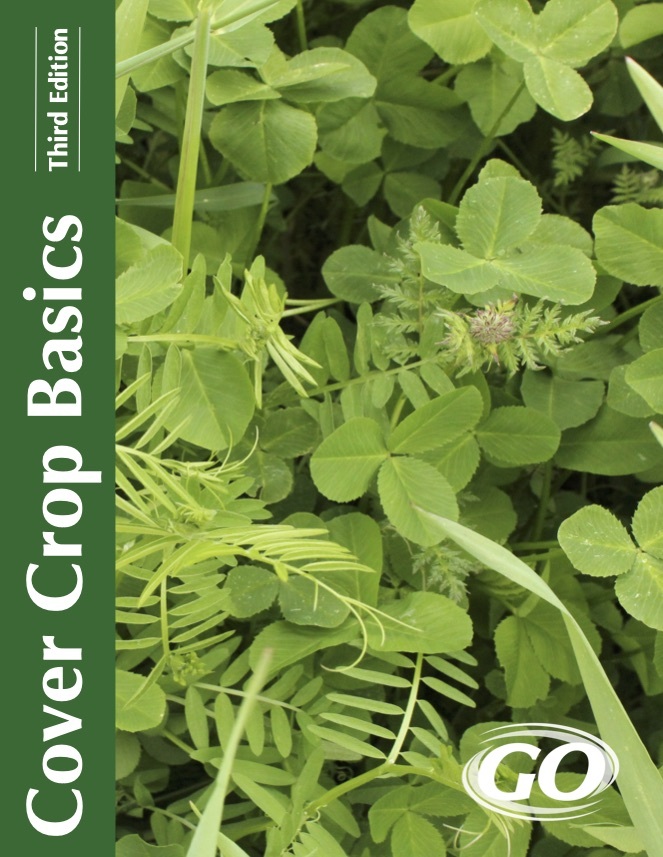Like winter cover crops, summer cover crops reduce soil erosion, scavenge nutrients, and help build soil organic matter. Summer cover crops can also be an important tool for fighting weeds, particularly for farmers who choose not to use herbicides. Fast-growing summer cover crops reduce growth of summer annual weeds in fallow fields. They can also compete with perennial weeds, reducing carbohydrate storage in crowns or rhizomes. This reduces weeds’ ability to regrow following cultivation or tillage. For vegetable growers, summer annual grass cover crops can be a valuable rotation crop as grasses generally do not share insect pests or pathogens with vegetable crops. One summer annual grass wellsuited to New England conditions is Japanese millet.


